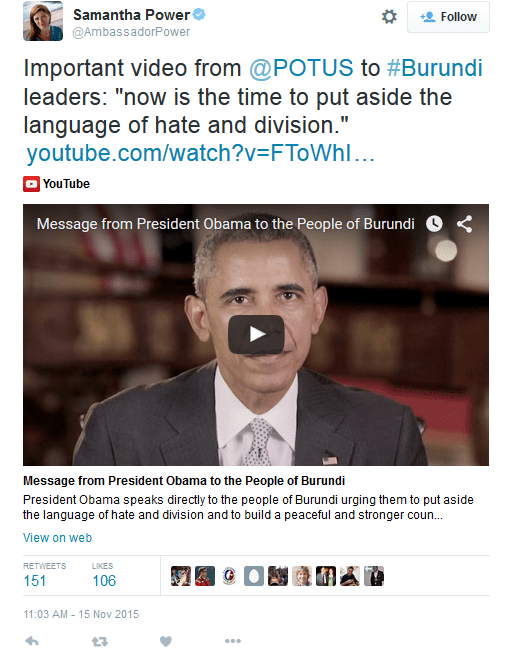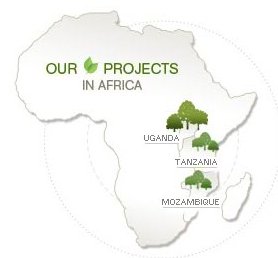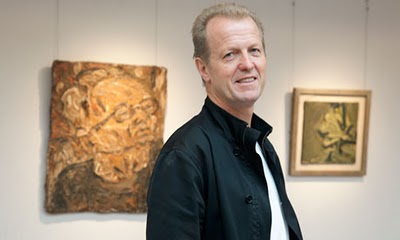Jun 04
20192
Whiteness & Aversive Racism, World Wildlife Fund (WWF)
Africa Cameroon Congo Conservation Displacement Global Campaign for Climate Action (GCCA) Goanburah Kealing India Johnson & Johnson Kaziranga National Park Murder Population Sexual Assault Sterilization Torture tourism Uganda USAID WWF
WATCH: Victim of the WWF (World Wildlife Fund)
ZEMBLA – Onderzoeksjournalistiek
Documentary published on May 24, 2019
“ZEMBLA investigates the collateral damage of the World Wildlife Fund’s (WWF) battle for nature conservation. ZEMBLA discovers that WWF promotes birth control programs that include contraception and even sterilization for men and women.
The fight against poachers is getting grimmer all the time. ZEMBLA travels to India, where local inhabitants are wrongly accused of poaching, are being tortured and sometimes even killed. On camera, guards from Kaziranga National Park state that they are allowed to shoot unwanted people.” [Source] [Running time: 39:52]
















 Teju Cole @tejucole
Teju Cole @tejucole 


